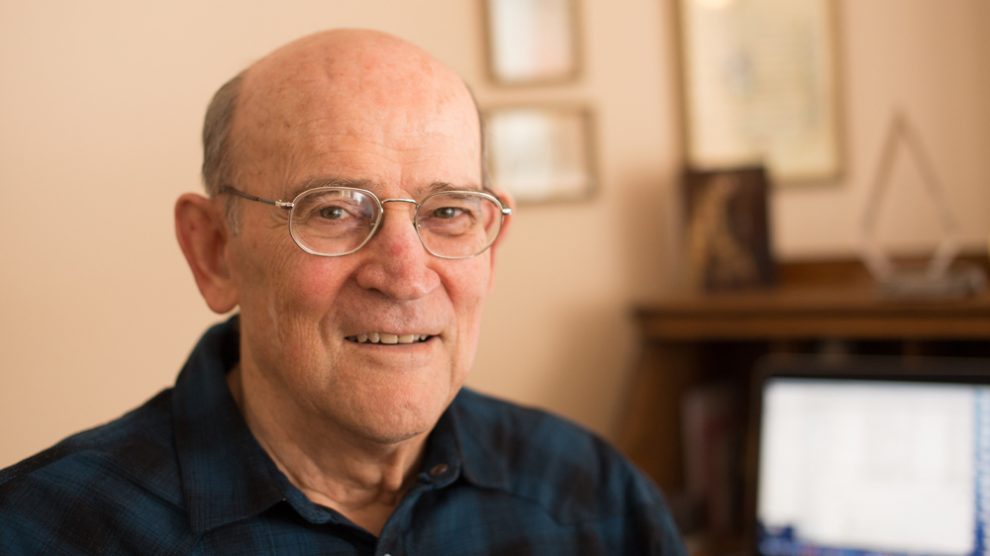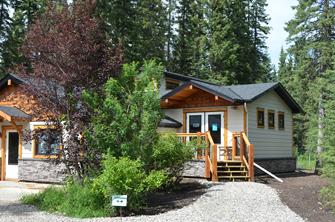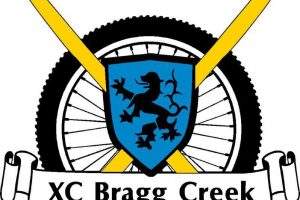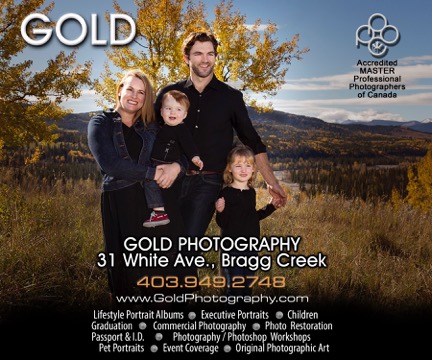On December 31, 2019 who would have thought that the New Year would put us in a place where we would have to choose lives over livelihood. The consequences of the coronavirus are staggering. Isolation, financial loss, and for some there has been the pain of sickness and even death. Our world has been turned upside down. The positive have become perplexed and the secure scared. We are looking for the silver lining but sometimes all we can see is darkness and despair.
In this past month, millions in North America have filed for unemployment. Combine that with the volatile stock market, and the economic toll of this virus is beyond staggering. Still, behind these dollar figures are real people, many trying to figure out how to keep their homes and feed their children.
Temporary assistance from the government won’t be enough for restaurant and small business owners, hotel and shopping center employees, barbers and stylists, bus drivers and substitute teachers, and many others, who face a financial crisis due to lost wages and job terminations.
After years of working with a broad cross section of people, I would like to make some suggestions for an attitude shift that can help bring hope to our difficult circumstances.
Affirm the dignity and value of every human life
First, the chief value that must ground any and all policy proposals, especially at a critical time as this, is a fundamental commitment to the dignity and value of each and every person. In fact, every policy question is, at the root, one of how best to honour people, regardless of whether their lives or livelihoods are being threatened.
It’s a false dilemma to assume that if someone is worried about jobs and the economy, they don’t care about people’s lives; or if we’re worried about the threat the virus poses to people’s lives, they’re obviously callous toward anyone in financial difficulty. In our culture, one that’s worked so hard to untether human dignity from its one and only true source, we will struggle to rightly honour human dignity whether we’re talking about emergency care or employment. We must never allow a price tag to be placed on people. It is an irrational dualism that says we must choose between the economy and people. The wise student of history knows that even when the devastating circumstances of life crush us, the resilient rise from the dust and rebuild the ruins.
Know the difference between hoarding and storing
Hoarding, at its root, is fueled by greed. The hoarder fears that when tomorrow comes, there will not be enough to supply his need. Someone jokingly quipped about the son who, in 2050, was using the last roll of toilet paper that his father bought in 2020. The hoarder is at the epi-center of his universe and has no concern for anything that lies outside the circle of his life. On the other hand, the person who stores says, “I will use the time of plenty to build a reserve to take me through the time of need.” He sees himself as part of a community and recognises that the need of the community is also his need.
Joseph, the Hebrew who was in Egypt in exile, had a dream in which he saw 7 years of plenty that were followed by 7 years of famine. His counsel to the king: “Store up in the years of plenty to provide for the time of famine.” History records how Egypt became a source of supply for nations that were impacted by the famine.
What we have has been entrusted to us by the Creator, who gave us the skills and abilities that generate wealth. In times like these we must say “No!” to greed and open our hearts to the needs of those who are around us.
Our duty as individuals and as a society—just like doctors and nurses— is to make wise decisions with limited resources and then do our best to alleviate the suffering of those in our circle of life. We don’t look to utilitarian calculus for this, as if people were numbers on a spreadsheet, or obstacles to our own security and happiness.
We must always encourage our leaders to do what’s right, and at the same time, never demand they do what’s impossible. May we be willing to run toward those in need and do what we can to help. Remember, the action of one can have a significant impact on the lives of many.
Duane Harder


























